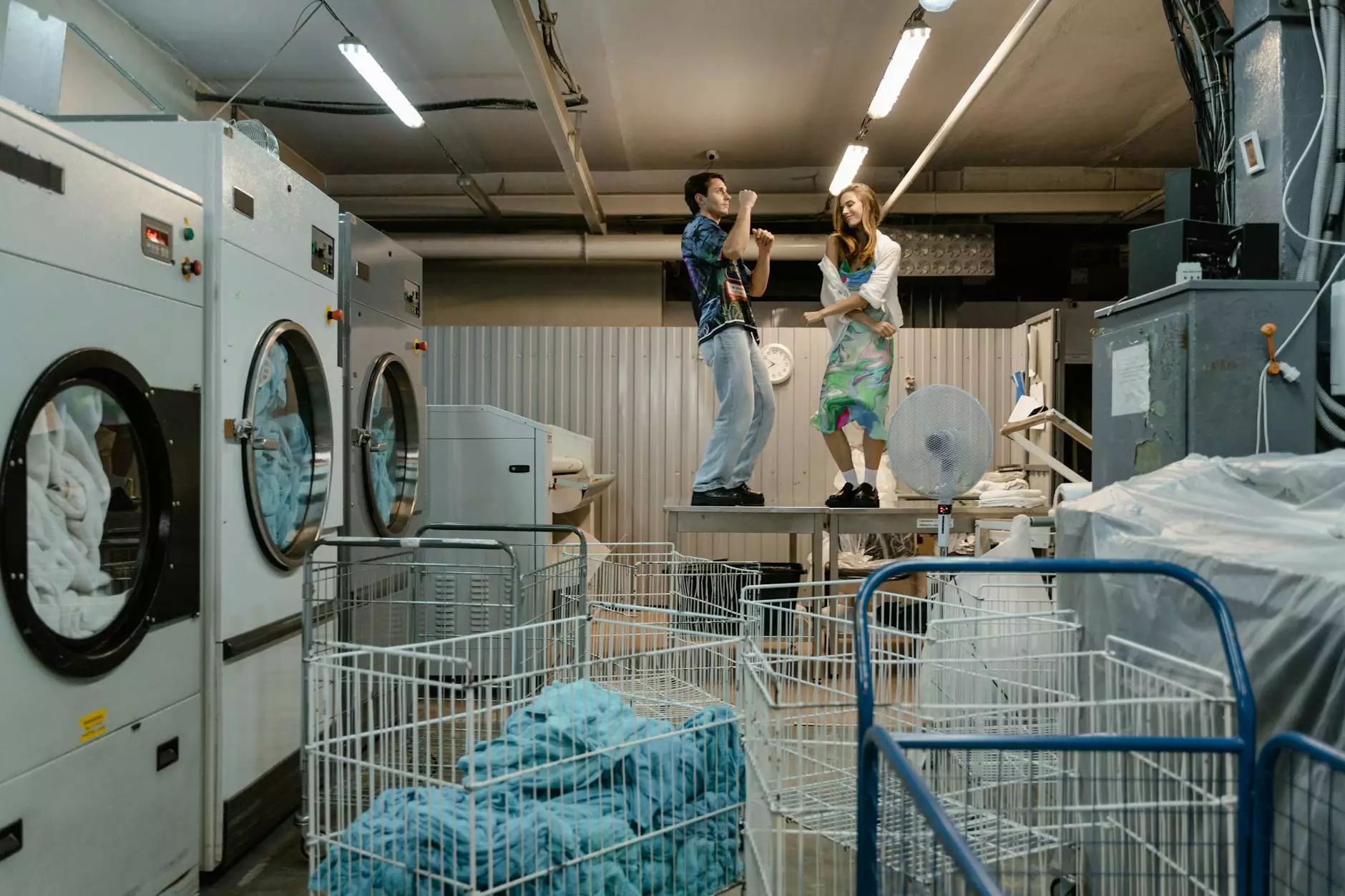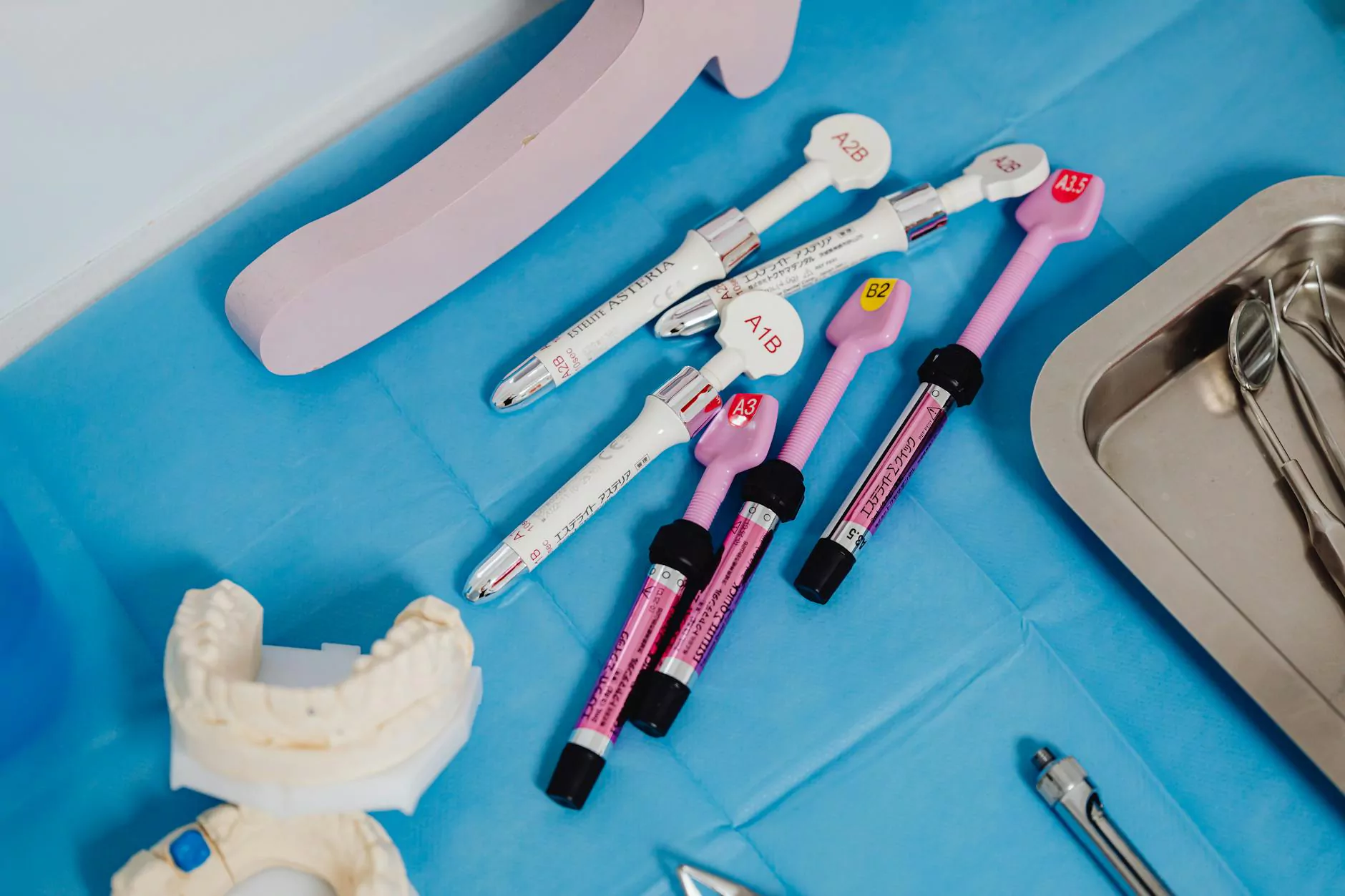Unlocking the Future of Hair Restoration with Hair Cloning

Introduction to Hair Cloning: A Paradigm Shift in Hair Loss Treatment
Across the globe, millions of individuals grapple with hair loss, a condition that affects self-esteem, confidence, and overall quality of life. Traditional methods such as hair transplants, medications, and topical solutions have provided relief to many but often fall short of delivering natural, long-lasting results. However, recent breakthroughs in regenerative medicine have given rise to a revolutionary approach known as hair cloning. This cutting-edge technology promises to generate an unlimited supply of hair follicles, potentially solving the root cause of hair loss and offering permanent solutions for millions.
The Science Behind Hair Cloning: How It Works
Understanding Hair Follicle Biology
Human hair follicles are complex mini-organs embedded beneath the scalp's surface. Each follicle contains specialized stem cells capable of regenerating hair. In individuals experiencing hair loss, these follicles either become miniaturized or succumb to genetic factors, leading to thinning or baldness.
What is Hair Cloning?
Hair cloning involves replicating hair follicle stem cells to produce new, functional hair follicles in the laboratory. These cloned follicles can then be transplanted into areas affected by hair loss. This process hinges on the ability to culture follicle cells outside the body, multiply them exponentially, and then reintroduce them to restore hair growth naturally and permanently.
The Main Stages of Hair Cloning Technology
- Extraction of Follicular Cells: Hair stem cells are carefully harvested from a donor site, typically the scalp, using minimally invasive procedures.
- Cell Culturing and Replication: In state-of-the-art laboratories, these cells are cultivated under controlled conditions, encouraging rapid proliferation.
- Follicle Formation: The cultured cells are assembled into new follicle structures mimicking natural hair follicles.
- Transplantation: The newly formed follicles are implanted into bald or thinning areas, where they integrate and resume natural hair production.
Advantages of Hair Cloning Over Traditional Hair Loss Treatments
Unlimited Hair Growth Potential
One of the most significant breakthroughs of hair cloning is the potential to generate an *unlimited number of hair follicles*. Unlike transplants constrained by donor supply, cloning can continuously produce new follicles, ensuring expansive coverage for extensive hair loss.
Natural Look and Feel
Cloned hair follicles produce hair that closely resembles natural hair, both in texture and growth pattern, delivering organic results that are indistinguishable from native hair.
Minimally Invasive Procedure
Compared to traditional hair transplants that require extensive grafting, hair cloning procedures are less invasive, leading to faster recovery times and less discomfort.
Permanent and Long-Lasting Results
As the newly formed follicles are genetically identical to the original hair, the results tend to be permanent, offering a sustainable solution to hair loss without the need for ongoing treatments.
Current Development Status and Future Outlook of Hair Cloning
Research and Clinical Trials
While the concept of hair cloning has existed for decades, it is only recently that technological advancements have brought it closer to clinical reality. Leading medical research centers worldwide are conducting rigorous trials to overcome current challenges, such as ensuring the survival of cloned follicles and achieving reliable engraftment.
Challenges to Overcome
- Scalability: Developing protocols that can produce large quantities of hair follicles efficiently.
- Safety: Ensuring that cloned follicles do not provoke immune responses or cause unexpected side effects.
- Functionality: Guaranteeing that the cloned follicles function optimally over the long term, producing hair strands with healthy growth cycles.
Timeline for Widespread Adoption
Experts estimate that hair cloning could become a standard treatment within the next decade, provided ongoing research continues to make significant progress. Early pilot programs have shown promising results, hinting at a future where hair loss can be universally addressed with regenerative, biological solutions.
Benefits of Choosing Leading Medical Centers for Hair Cloning
Expertise and Cutting-Edge Technology
Reputable medical centers such as HairTrans.net are investing heavily in research and state-of-the-art facilities to offer the most advanced hair cloning treatments available. Their team of specialists is dedicated to ensuring safe, effective, and personalized solutions for each patient.
Comprehensive Patient Care
- Detailed consultations to assess suitability
- Personalized treatment plans based on individual hair loss patterns
- Post-procedure support and follow-up to optimize results
Ethical and Scientific Integrity
Prioritizing patient safety, traditional ethical standards, and scientific rigor, top medical centers only adopt hair cloning techniques that have undergone extensive validation and clinical testing.
Why HairCloning Is the Future of Hair Restoration Industry
Transforming Confidence and Self-Esteem
For many, hair is more than just aesthetics; it’s a vital component of self-image. Hair cloning offers a pathway back to youthful vigor and confidence for those suffering from hair loss, without resorting to artificial solutions or temporary fixes.
Economic Impact and Market Growth
The global hair restoration market is projected to grow exponentially, driven primarily by innovations like hair cloning. As the technology matures and becomes more accessible, industry leaders anticipate a significant reduction in costs, making it available to a broader demographic.
Alignment with Regenerative Medicine Trends
Hair cloning exemplifies the overarching trend in modern medicine that emphasizes regenerative strategies, personalized treatments, and minimally invasive procedures. It symbolizes a shift towards biologically based healing processes that restore natural function.
How to Prepare for Hair Cloning Treatment
Consultation with a Specialist
The first step involves a comprehensive assessment conducted by a qualified specialist who can determine whether you are a suitable candidate for hair cloning. This includes evaluating your scalp health, hair loss pattern, and overall medical history.
Understanding the Procedure and Expectations
Patients should be well-informed about the process, potential risks, healing time, and expected results. Setting realistic goals ensures satisfaction with the outcome.
Pre-Procedure Care
- Maintaining a healthy scalp hygiene routine
- Following any specific instructions regarding medications or supplements
- Ensuring good overall health to support tissue regeneration
Post-Treatment Care and Long-Term Maintenance
Following hair cloning procedures, regaining patience is essential as the new follicles establish themselves and hair growth begins. Maintaining scalp health through proper nutrition, gentle hair care, and avoiding stress can enhance long-term results.
Conclusion: Embracing a Hair-Rich Future with Hair Cloning
The evolution of hair cloning technology signifies a new era in hair restoration, merging the power of regenerative medicine with personalized treatment solutions. As ongoing research continues to validate and refine these techniques, the vision of completely overcoming hair loss becomes increasingly attainable for millions worldwide.
Leading medical centers like HairTrans.net are at the forefront of this revolution, offering hope and innovative solutions to those ready to embrace the future of hair regrowth. With persistent advancements and a commitment to excellence, hair cloning is set to redefine how we approach hair loss—turning the dream of full, natural hair into a reality for many.









